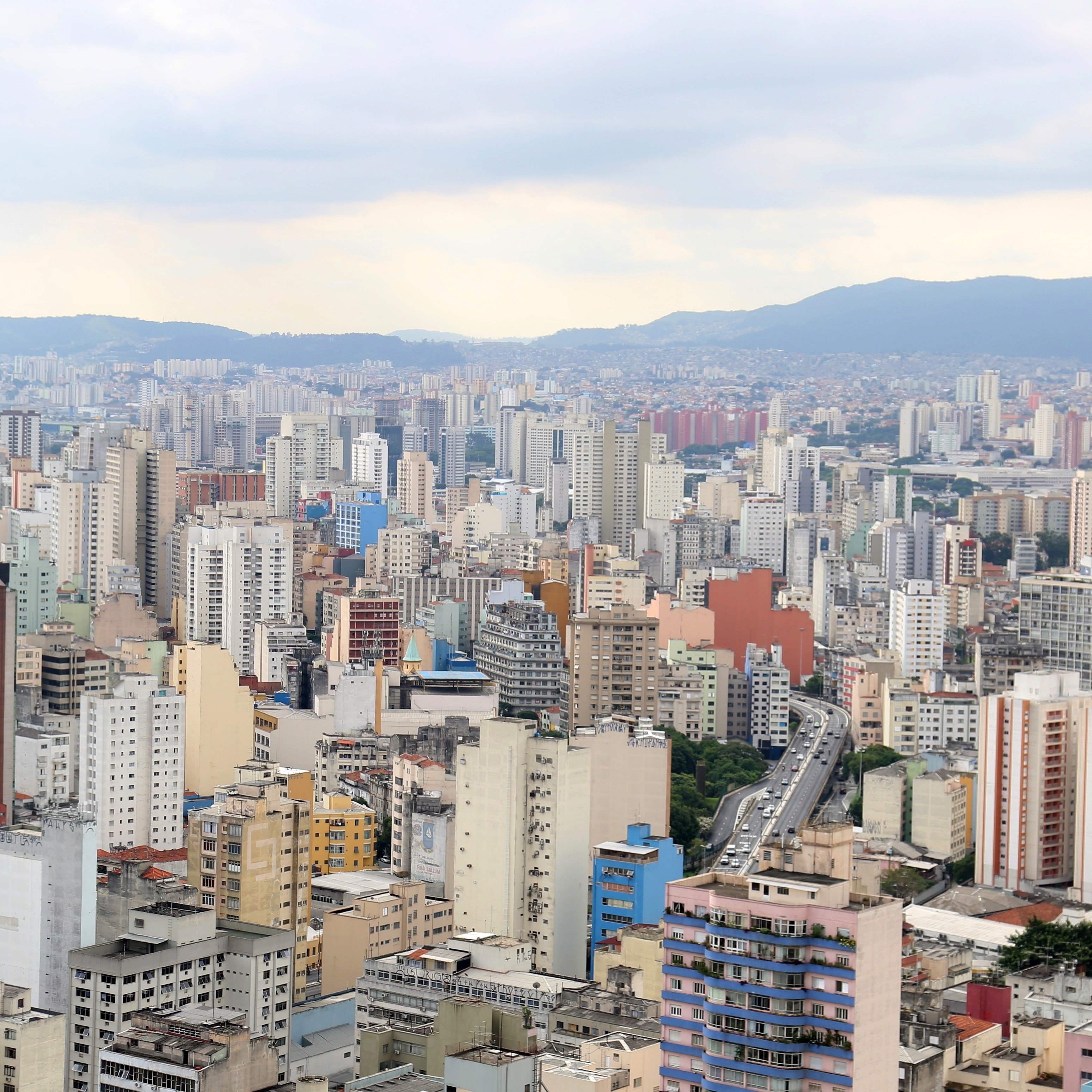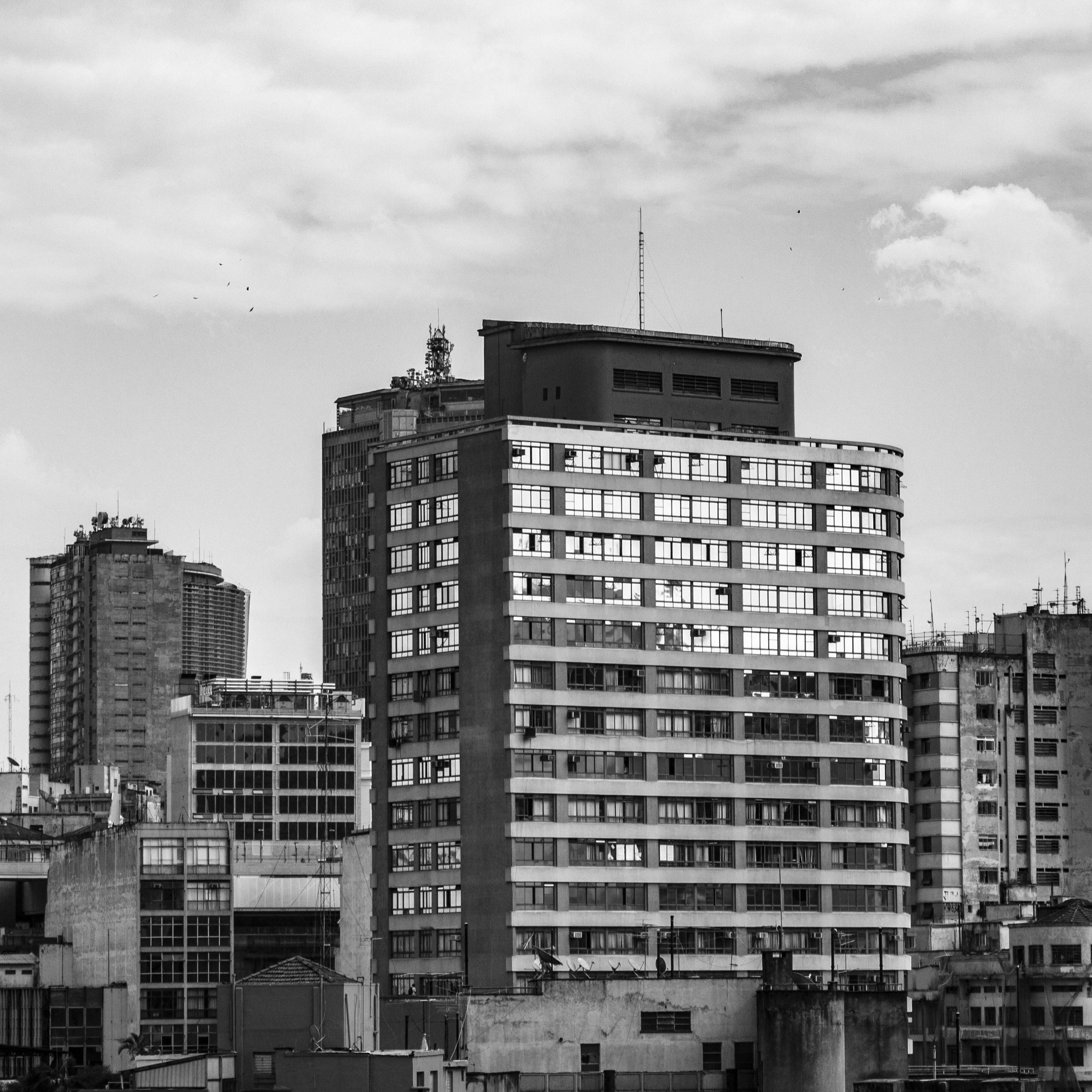Among the diverse and complex hazards associated with climate change, variations in temperature are amongst the most direct. Deviations from usual temperatures cause physiological stress to the human body and consequently increased hospitalization and mortality. The capacity of individuals and communities to respond to temperature deviations is tightly linked to physiological, behavioural, infrastructural, and technological factors. Understanding how these impacts change over time and space can provide vital information for stakeholders, urban planners and politicians to understand priority areas of action and prevent deaths.
Introduction
Climate change is modifying the temperatures we are exposed to. Here we discuss how projects like this one can help us understand what are the consequences and how can we prepare.
Chap 1: Adaptation
Has the population in Sao Paulo adapted to changes in temperature? If so, has everyone in the population experienced the same levels of adaptation? Read more to get the answers.
Chap 2: Temperature modelling
Development of a daily average temperature dataset at 500m2 spatial resolution for the municpality of Sao Paulo, Brazil. Access to code and data.
Chap 3: Health risk across the city
Does everyone in the city experience the same temperature? Do everyone suffer the same way? Learn more here.



